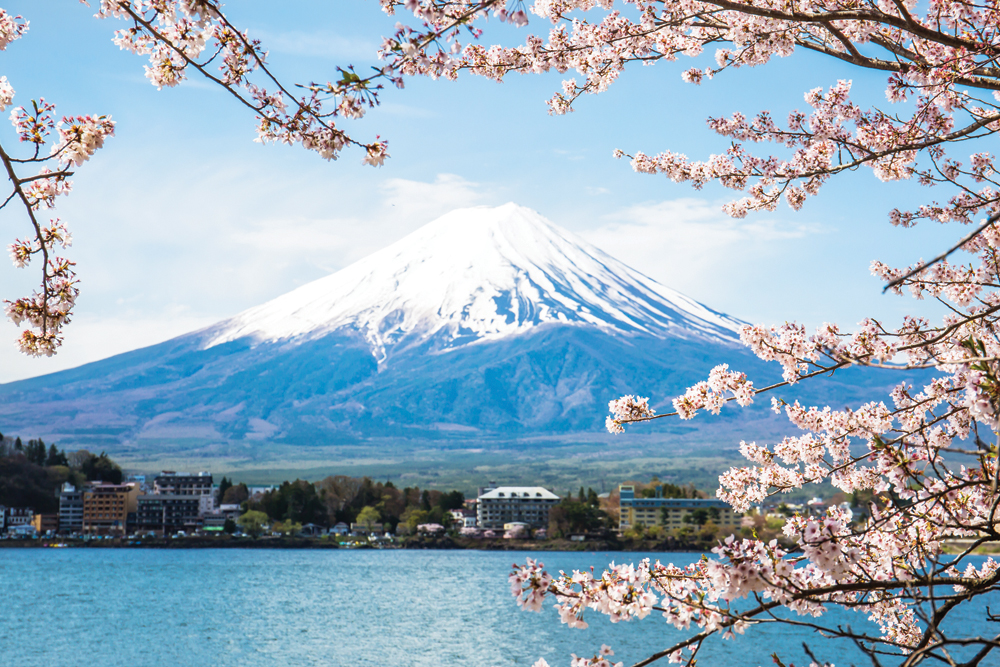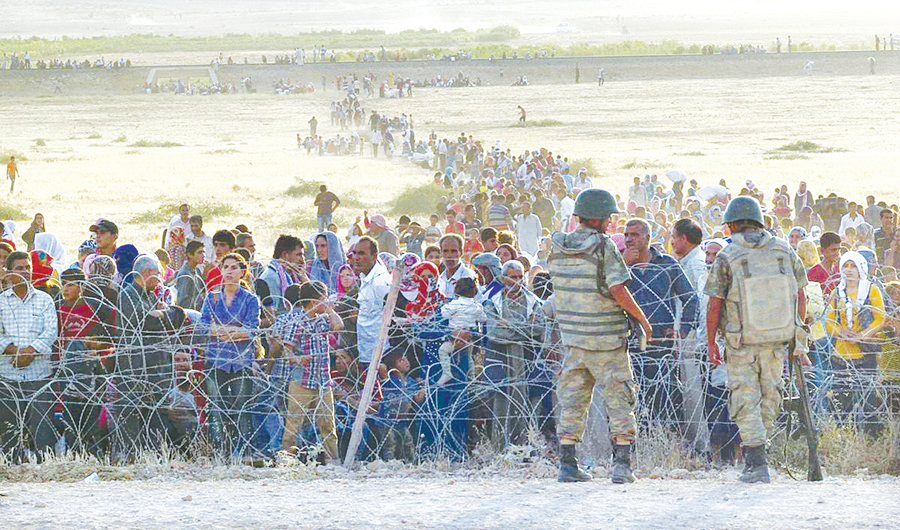Syria army reaches border area, deploys around Turkish zone
QAMISHLI: Syrian troops reached a key area near Turkey’s border on Saturday after sending further reinforcements to the region, in what a war monitor said was its largest deployment there in years.
Syrian regime forces entered the provincial borders of the town of Ras Al-Ain, state news agency SANA said.
The regime forces entered the area, which was taken by Turkish forces following a weeks-long offensive against Syria’s Kurds.
Troops also deployed along a road stretching some 30 km south of the frontier, SANA added.
Turkey and its Syrian proxies on Oct. 9 launched a cross-border attack against Kurdish-held areas, grabbing a 120-km swathe of Syrian land along the frontier.
The incursion left hundreds dead and caused 300,000 people to flee their homes, in the latest humanitarian crisis in Syria’s brutal eight-year war.
This week, Turkey and Russia struck a deal in Sochi for more Kurdish forces to withdraw from the frontier on both sides of that Turkish-held area under the supervision of Russian and Syrian forces.
On Saturday, the Britain-based Syrian Observatory for Human Rights said some 2,000 Syrian troops and hundreds of military vehicles were deploying around what Turkey calls its “safe zone.”
In the army’s “largest deployment” in the area in years, regime forces were being accompanied by Russia military police, the Observatory said.
Moscow has said 300 Russian military police had arrived in Syria to help ensure Kurdish forces withdraw to a line 30 km from the border in keeping with Tuesday’s agreement.
Despite Saturday’s deployment, the Observatory said that Kurdish fighters and Ankara’s Syrian proxies traded artillery fire in the region.
There were no immediate reports of casualties.
Under the Sochi deal, Kurdish forces have until late Tuesday to withdraw from border areas at either end of the Turkish-held area, before joint Turkish-Russian start patrols in a 10-km strip there.
Ankara eventually wants to set up a buffer zone on Syrian soil along the entire length of its 440-km-long border, including to resettle some of the 3.6 million Syrian refugees currently in Turkey.
The Kurdish-led Syrian Democratic Forces has objected to some provisions of the Sochi agreement and it has so far maintained several border posts.
Turkish President Recep Tayyip Erdogan warned on Saturday that Ankara would “clear terrorists” on its border if the Kurdish forces, which his country view as an offshoot of its own banned insurgency, did not withdraw by the deadline.

Rights group calls on Turkey to stop deporting Syrians to war-torn countryCrowds swell as protest leadership concerns grow





